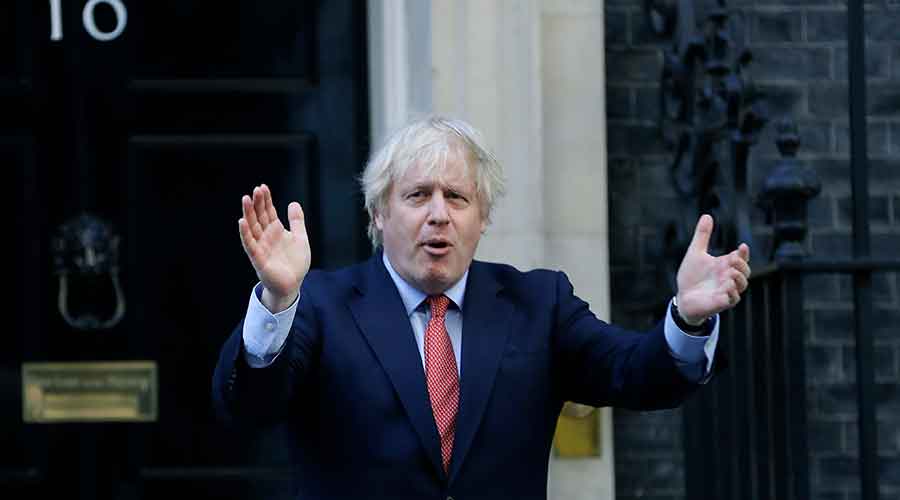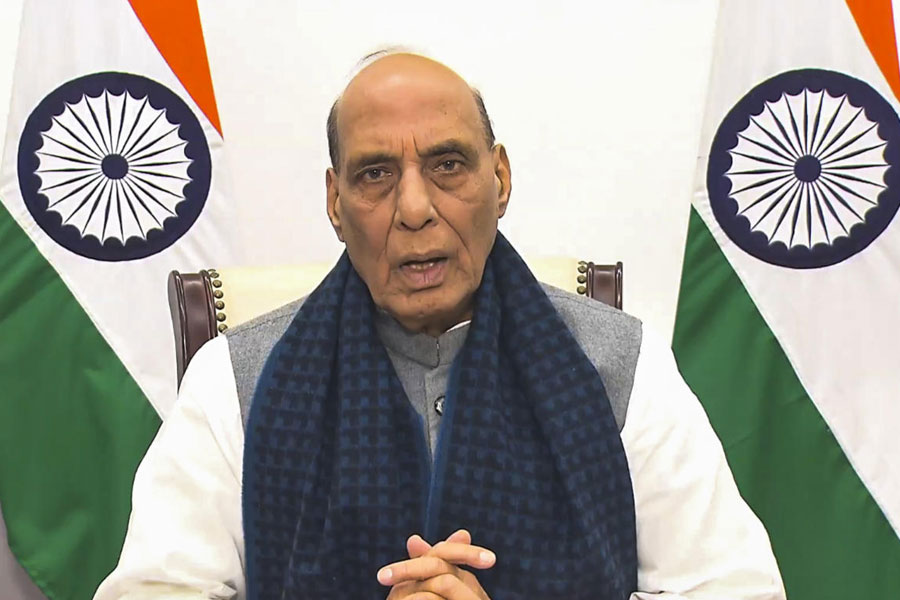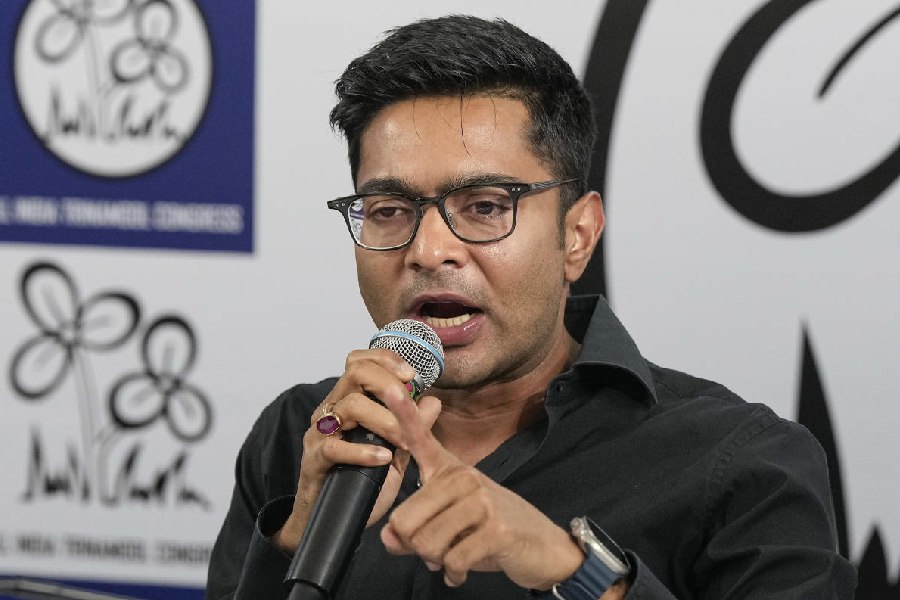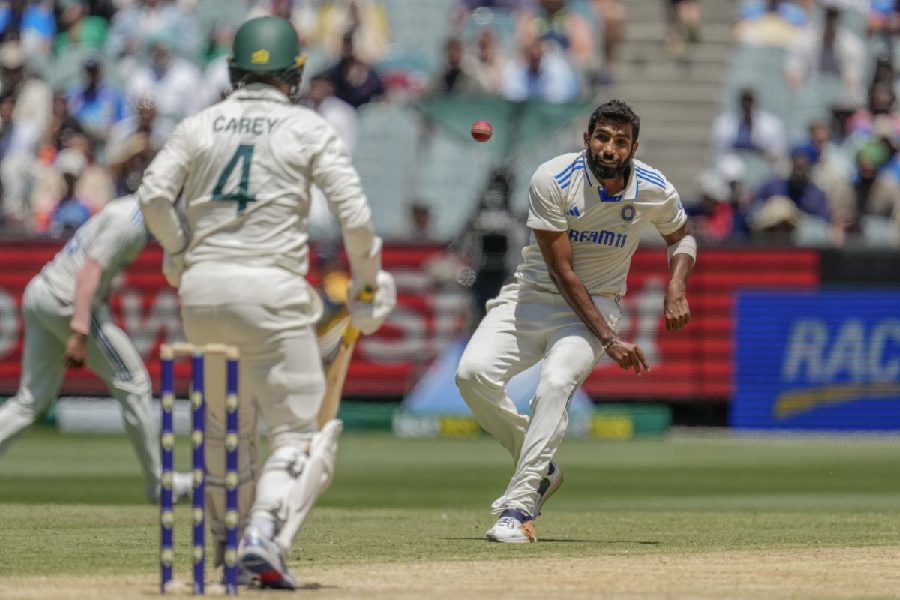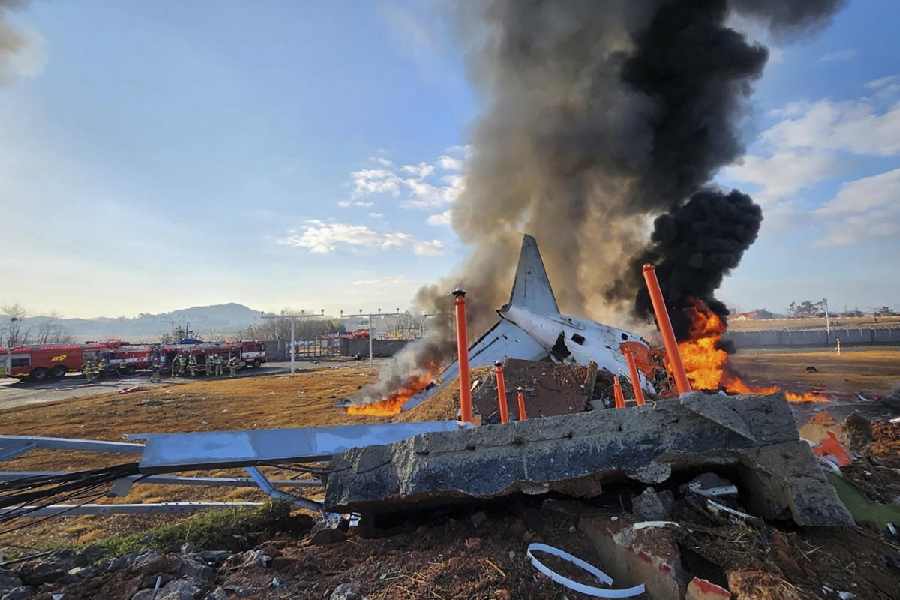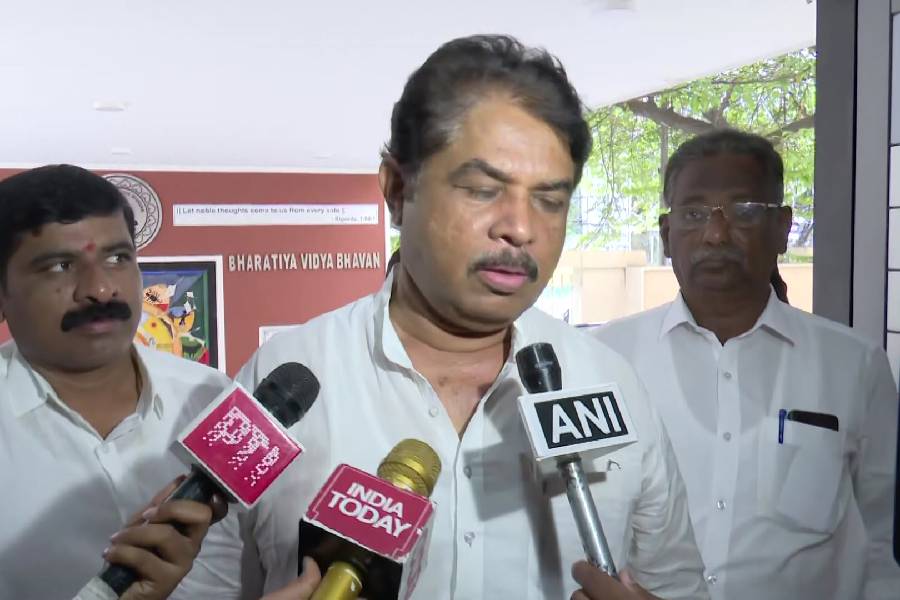Sadiq Khan, 50, who likes to boast he is “the son of a Pakistani bus driver”, has been re-elected the Labour mayor of London but with a reduced majority, beating his Tory opponent, Shaun Bailey, also 50, a black man who was born in London of Jamaican immigrants.
In last week’s “super Thursday” local government elections, the Scottish National Party, under its leader Nicola Sturgeon, swept back to power for a fourth time in a row — so the scene is set for a continuing battle to stop Scotland from breaking away from the United Kingdom.
The local government elections — the equivalent of Assembly polls in India — are seen as a test of Boris Johnson’s premiership.
The Tories have done so well in England that Boris’s media supporters predict “he will remain Prime Minister for the next 10 years”.
He succeeded Theresa May as Prime Minister in July 2019, and although the UK’s Covid death toll stood at 127,603 on May 7, Boris has benefited from a “vaccine bounce” since 66.8 per cent of the UK’s adult population have had a first dose and 32.7 per cent a second dose.
The death toll, which hit 1,820 with 38,905 infections, on January 20 this year, had come down in a country with a 67 million population, to five deaths and 2,047 infections, on May 7. One big worry now is the “Indian variant”, with a surge detected in Bolton.
Boris, who was blamed for being slow to impose a lockdown in spring last year and also in the autumn and in winter, is now claiming and being given credit, firstly, for buying vaccines in bulk ahead of other European countries, and, secondly, for its rapid rollout.
Actually, it is the NHS, which twice came close to breaking point at the height of the pandemic, which has rolled out the vaccine programme with admirable efficiency. In political terms, the beneficiary has been Boris.
In the “super Thursday” elections, about 48 million people were eligible to vote across England, Scotland and Wales.
There was also a parliamentary by-election in Hartlepool, in County Durham, where Labour’s “red wall” was breached by the Tories. The victory in Hartlepool, England’s tenth-most deprived town and a safe Labour seat since it was created in 1974, was a landmark result.
Jill Mortimer, a North Yorkshire farmer, comfortably won Hartlepool for the Conservatives with a majority of 6,940, overturning a Labour majority of more than 3,500 at the 2019 election.
A total of 143 council elections were held in England, with around 5,000 seats up for grabs in local authorities ranging from shire county councils to metropolitan boroughs.
The Tories won 2,198 seats, an increase of 290, while the Labour tally was 1,268, a loss of 247.
The embattled Labour leader, Keir Starmer, has sacked the deputy chairman of the party and campaign coordinator, Angela Raynor, and started a reshuffle of his shadow cabinet.
Labour has emerged as the biggest party in the devolved Parliament in Wales with 30 out of 60 seats — equalling its best-ever result.
In Scotland, the SNP got 64 seats, one short of an absolute majority in the devolved parliament in Holyrood — while the Conservatives won 31, Labour 22, the Greens 8 and the Liberal Democrats 4. But the result left the SNP and the pro-independence Scottish Greens together controlling 72 of the chamber’s 129 seats.
Sturgeon, who remains Scotland’s First Minister, said she would now press for a second referendum on independence.
Constitutionally, a second referendum cannot be held without the agreement of the Parliament in Westminster. Boris, who dismissed Sturgeon’s demand as “irresponsible and reckless”, has got a fight on his hands.

